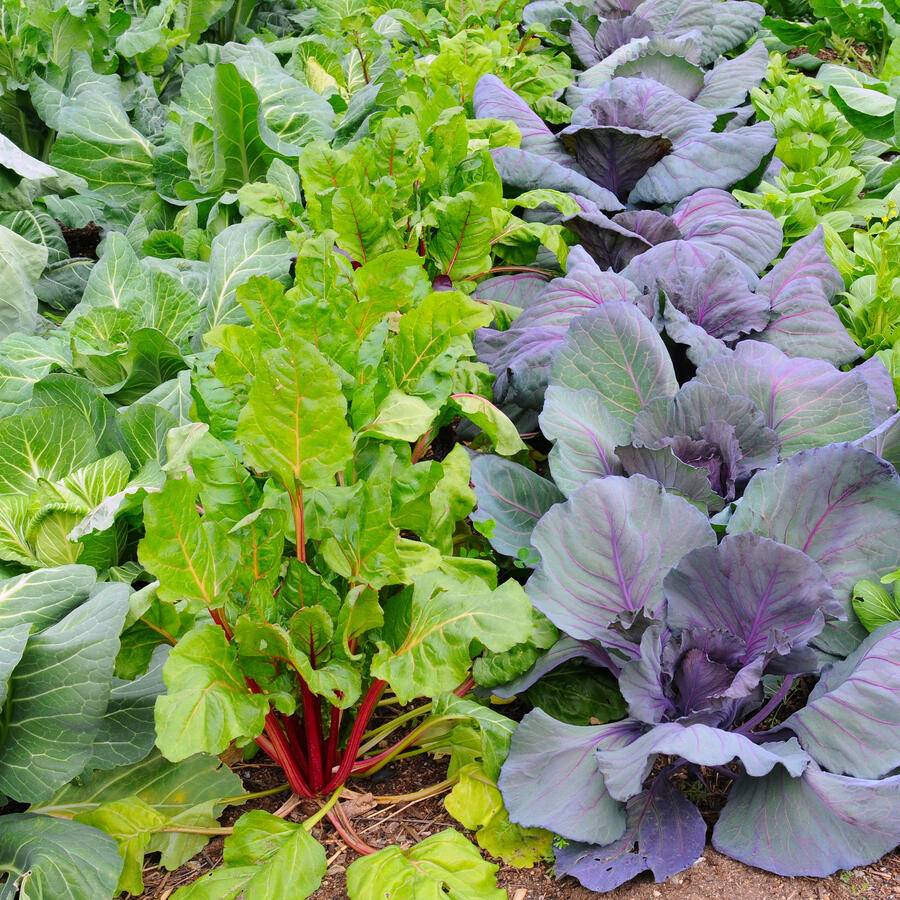
A garden of one's own is a wonderful thing. It is a place to spend time with friends, enjoy the outdoors, and create a space of beauty and fun.
With the challenges the last year has brought, more and more Americans are now taking up gardening, as a means of escapism, or simply to enhance the space in which they are now spending unprecedented amounts of their time.
Although there's nothing like a summer's day in your back yard, winter gardens can be equally as enchanting as their fairweather counterparts. But keeping your garden beautiful year-round requires regular winter watering.
Read on to discover the ins and outs of what, when, and why you should be watering, to ensure a robust garden through winter and a luscious lawn come spring.
In general, most experts agree that during the winter, it is necessary to water gardens twice a month. During the months of March and April, new roots begin to form, so watering is especially important at this time.
When you do decide to water, make sure to pick a day and time that is not too cold. You should ensure the temperature is above freezing at least, but above 40 degrees Fahrenheit is preferable. It can be a good idea to water earlier in the day, as this will give a chance for the water to soak in before freezing temperatures return at night.
We've spoken before about why watering your lawn is important, this is no less true in winter. Although sprinkler systems tend to be turned off during colder months to avoid damage to pipes, it is still necessary for you to get much-needed water to your lawn. This can be done through the use of a soaker hose or watering bag.
In the winter months, it is a good idea to pay particular attention to recently planted trees and lawns. This is because their root systems will not yet be well established, making them fragile. Evergreen trees, or trees with naturally shallow root systems, will also require extra attention.
If you do decide to employ the use of a hose, always make sure to fully detach it from the spigot after each use. If you fail to do this, you could end up with frozen pipes, a winter catastrophe that benefits nobody. You should also drain your hose and bring it indoors, otherwise, it may become frozen as well.
Another practical tip is to make sure that you allow time for the water to fully soak into the soil of whatever you are gardening. Water in short bursts, making sure to give time for the water to permeate into the soil before any second applications.
Although watering your garden in the cold may seem like a chore, following these simple winter watering tips will pay dividends in the long run: you'll be left with a much healthier and stronger garden come springtime and summer.
If you're in search of the right tools to help keep your garden hydrated, check out our wide range of garden tools and watering systems today.